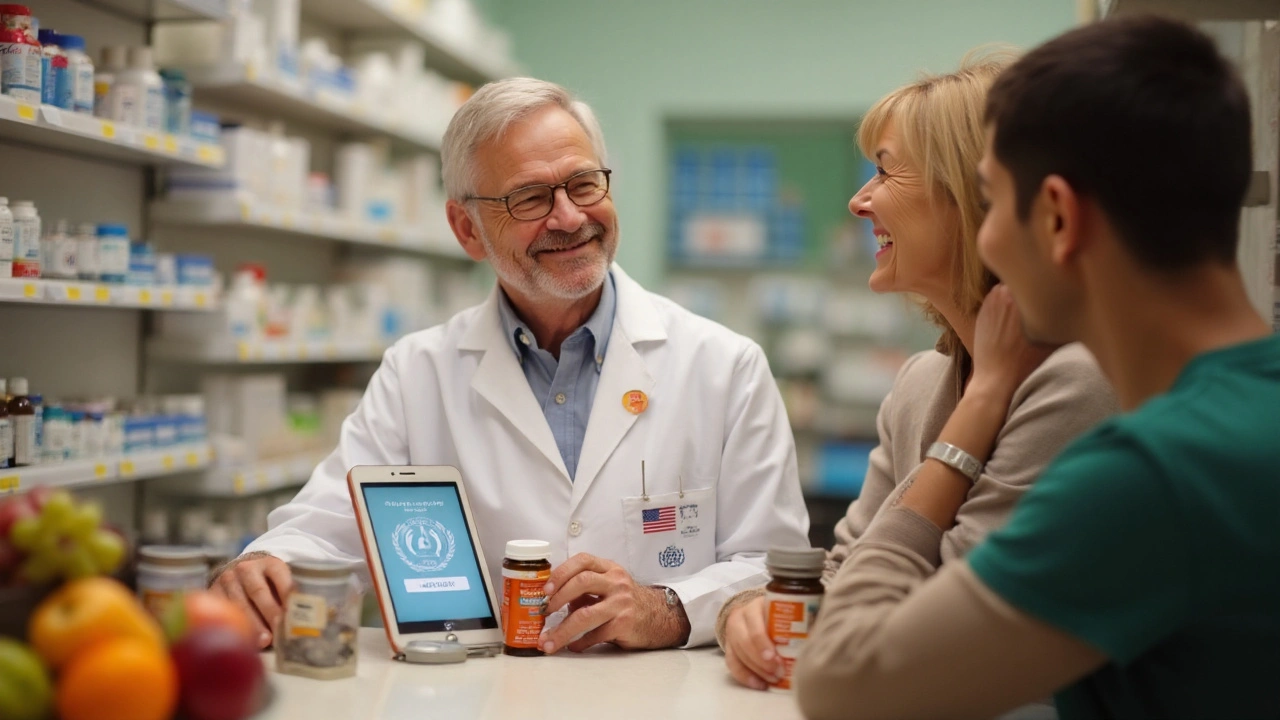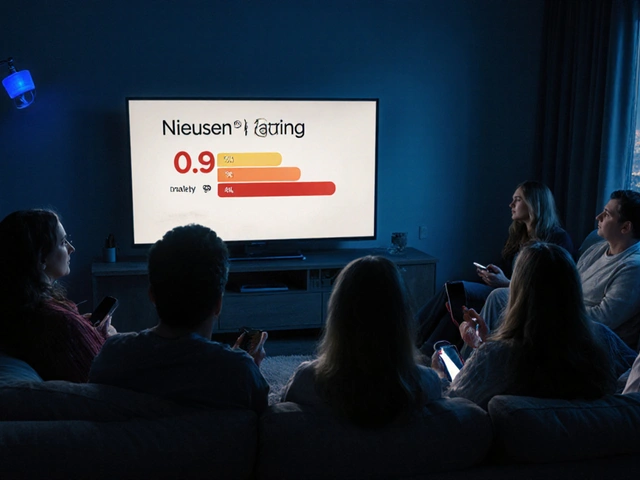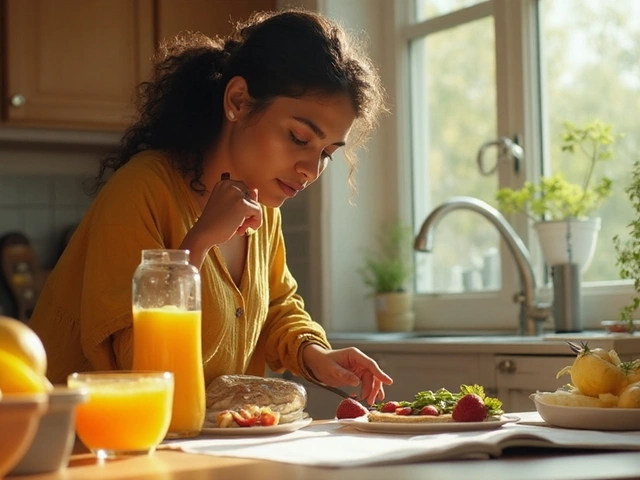Cowboy's Weapon of Choice: The Revolver that Dominated the Wild West
October 22 2025Vitamin Absorption: Simple Steps to Make Your Nutrients Work Harder
Ever wonder why you eat healthy foods but still feel low on energy? A big reason is how well your body absorbs the vitamins you eat. If the vitamins don’t get into your bloodstream, they can’t do their job. Below are easy habits you can add today to boost vitamin absorption.
Eat the Right Pairings
Some vitamins need fat to dissolve. Vitamin A, D, E, and K are fat‑soluble, so a splash of olive oil, avocado, or a few nuts with your salad makes a big difference. For example, drizzle olive oil over carrots instead of eating them plain. The fat helps pull the vitamins into your gut cells.
Water‑soluble vitamins like C and the B‑complex don’t need fat, but they do like an empty stomach. A quick orange juice or a handful of berries first thing in the morning lets your gut absorb them fast. If you take a multivitamin, try it with a small glass of water before a meal.
Mind the Timing and Interactions
Certain foods can block absorption. Coffee and tea contain compounds that bind iron and make it harder for your body to use. If you need iron, wait an hour after your coffee before eating iron‑rich foods. Similarly, calcium can interfere with iron and zinc. Split your calcium supplement from your iron supplement by a few hours.
Alcohol can also slow down absorption. Even a couple of drinks can reduce how well your body takes in B vitamins. Cutting back on alcohol, especially around meals, helps your nutrients get into your system.
Probiotics and fiber keep your gut healthy, and a healthy gut means better nutrient uptake. Yogurt, kefir, sauerkraut, or a simple probiotic capsule supports the good bacteria that break down food. Adding a bit of soluble fiber—like oats or apples—helps move vitamins through the gut at the right speed.
Cooking matters, too. Lightly steaming veggies keeps vitamin C and B vitamins from breaking down. Overcooking destroys many nutrients, so aim for crisp‑tender when you bake or stir‑fry.
Finally, stay hydrated. Water moves nutrients through the digestive tract. If you’re dehydrated, your gut slows down and vitamins sit longer, which can reduce absorption.
Putting these tips together, you’ll see better energy, stronger immunity, and quicker recovery after workouts. A small change like adding a spoon of olive oil to your veggies or timing your coffee can make a big impact on vitamin absorption.
Start with one habit this week—maybe an extra splash of healthy oil on your salad. Notice how you feel, then add another tip. Simple steps add up, and soon your body will be using the vitamins you work hard to eat.
 19 Sep
19 Sep
How to Take Vitamins Correctly: Pharmacist Tips for Safe Absorption
Get pharmacist‑backed guidance on the right way to take vitamins, from timing and food combos to safety tips and common pitfalls.
Read More...




